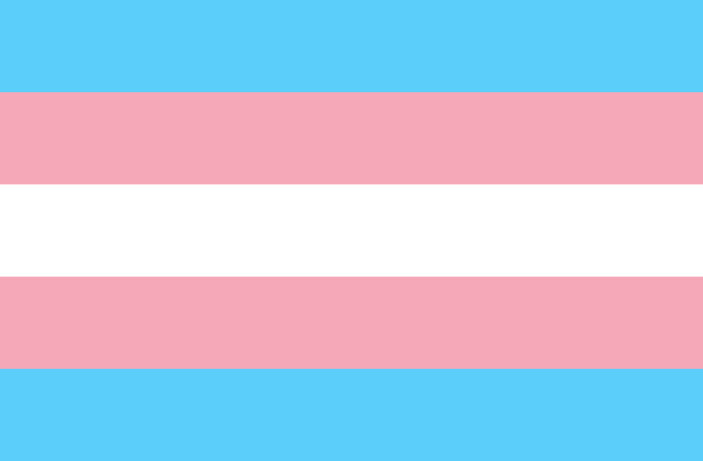
On April 11, President Trump signed FOSTA (Fight Online Sex Trafficking Act) into law, a controversial move that aims to combat sex trafficking crimes through the anonymity of the internet. The publicized debate is surrounding the bill’s alleged attempt at censorship on the internet; but perhaps an unrealized or unstudied effect of this new law is the immediate and major change to the way businesses operate online.
The bill, passed by Congress at the end of March, broadly makes “any information service, system, or access software provider that provides or enables computer access by multiple users to a computer server” liable when their platforms are used for the solicitation of sex trafficking or prostitution.
The act is targeted at providers of “interactive computer services”; a loosely-interpreted label that can really mean any service that provides or enables computer access to multiple users through a computer server. Basically, it encompasses a huge grouping of players on the internet, especially those in the online payment industry — payment service providers, payment facilitators, gateways, hosting providers, and other merchant service providers.
No one quite knows the extent of how this will affect them, until maybe it’s too late?
A decent decision?
House Resolution 1865 was designed to reverse protections, afforded under Section 230 of the Communications Decency Act (CDA), that gave providers of “interactive computer services” immunity from liabilities if their users published objectionable content. The CDA was linchpin internet legislation, allowing online merchant service providers to disavow civil (though not criminal or intellectual property) wrongdoings of the consumers of their services.
Also under the CDA, hosts of forums and other public information-sharing platforms were not treated as the publisher of any information posted or provided by a third party. Essentially, user-generated content was free-flowing and laxly monitored.
The problem was that Section 230 also provided “cover” for sites like Backpage.com (recently making headlines for its shutdown by the FBI) and sections of sites like Craigslist that allegedly facilitated human trafficking and sex trade online. According to its proponents, FOSTA enables better enforcement of federal civil and criminal law as it relates to sex trafficking. This means that if criminals are using online services, like Craigslist, to conduct any activity related to human trafficking, the website owner (ie: Craigslist) can be held liable, not just the criminals themselves.
While the ultimate humanitarian goal is to intercept online solicitation of sex trafficking and prostitution, the bill has a significant core of opponents. Advocates of civil liberties are concerned about free speech, citing the bill’s potentially broad application.
Sex industry pundits decried the bill for eliminating the option for sex workers to screen clients before meeting them. There have also been warnings that the bill will actually get in the way of law enforcement efforts to track pimps, build criminal cases, and find missing children.
Quick to react
The incredible volume of daily activity online — new content, postings, data exchanges, and transactions — creates a massive undertaking for anyone who falls into the “interactive computer services” category to comply with FOSTA regulations.
Even before Trump put his pen to paper, the market quickly responded. Both Craigslist and Reddit immediately shut down their Personals sections as a reactionary measure to the bill passing, marking an end of an era for missed connections and cyber-sourced meetups.
Although the influence of the bill hasn’t been fully realized by the media and companies affected, FOSTA has the potential to seriously shake up the payments industry. With the act now in effect, there is no grace period for any “interactive computer service” with FOSTA violations.
Immediately effective, they need to comply with this regulation by ensuring that the websites they host or process payments for are compliant with FOSTA. Acting in disregard of or with knowledge of FOSTA violations can lead to federal penalties and fines, as well as criminal and civil liabilities.
It’s time to act
The violations that fall under FOSTA, and their subsequent liabilities, make understanding the true identity of online entities crucial for the entire payments industry. Anyone who falls into the category — merchant service provider, marketplace, hosting provider, payment service provider, etc. — needs to consider effective and accurate tools to monitor both the known and unknown websites connected to their business to stay in compliance with FOSTA.
These “interactive computer services” now face a critical monitoring challenge to ensure FOSTA compliance. How can they know the true content of the websites they work with when their content seems ever-changing? How can they know if sex trafficking is being disguised on the websites they do business with?
The internet is now facing a historical turning point. If Congress can pass a bill to enforce something so subject-specific (i.e. sex trafficking for FOSTA), what can we expect from possible, future internet-content laws? And how do we prepare for it?
Get the TNW newsletter
Get the most important tech news in your inbox each week.




